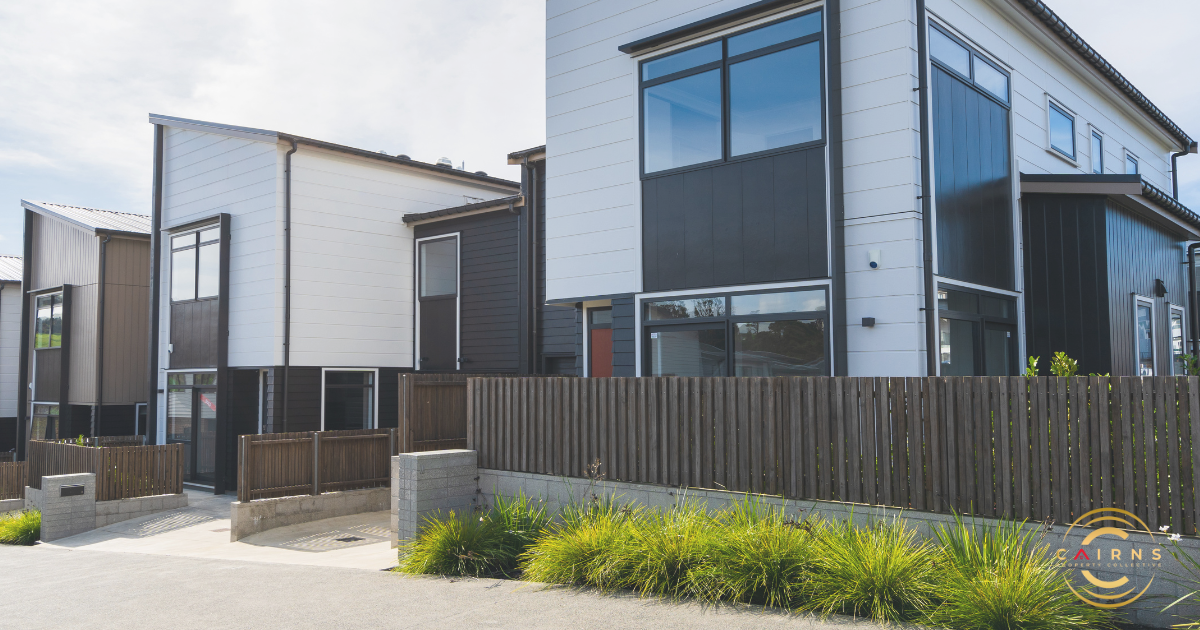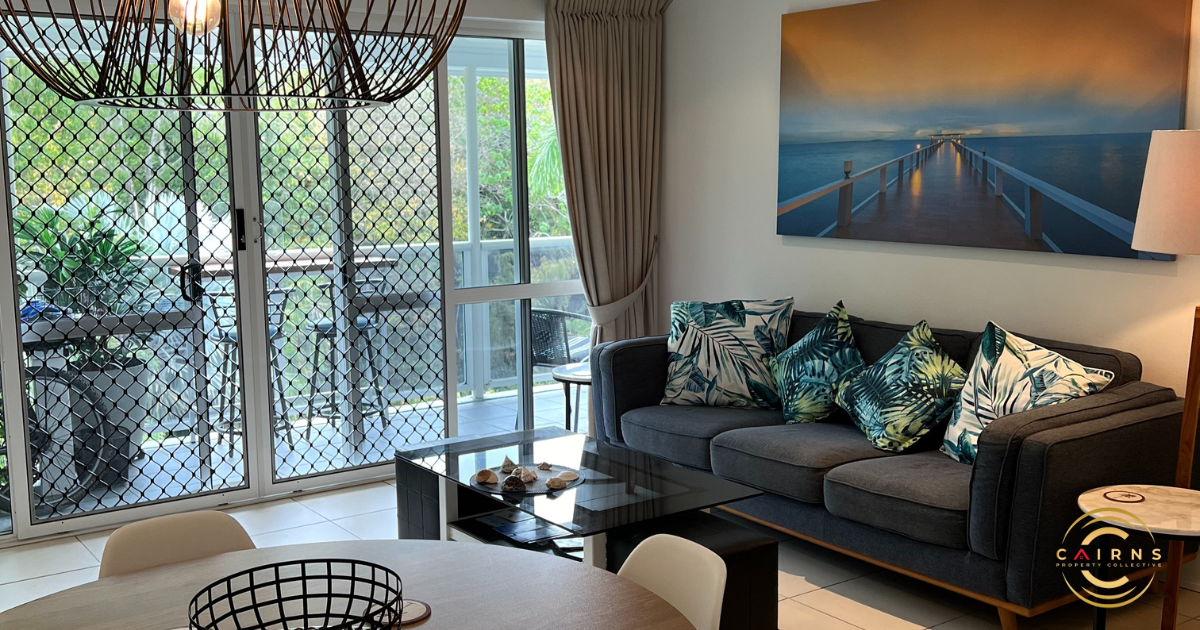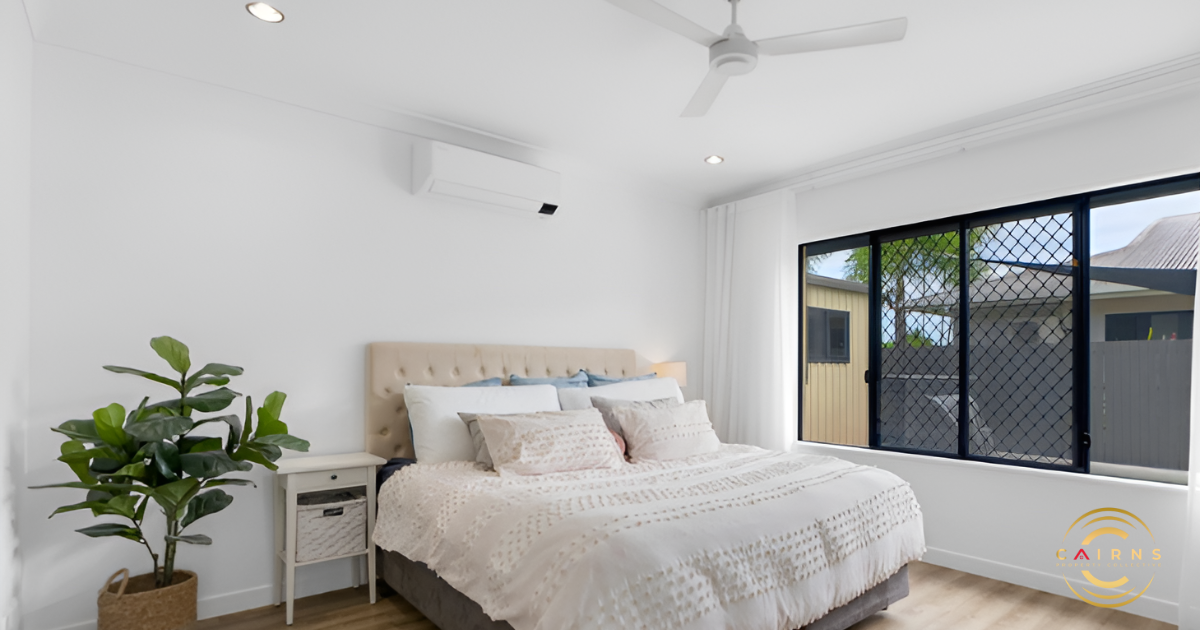By Cairns Property Collective Client
•
November 12, 2025
2025 was another strong year for Cairns property, with solid rental yields, growing demand, and steady population growth continuing to draw investors to Far North Queensland. As more people sought out lifestyle changes, remote work arrangements, and affordability beyond capital cities, Cairns proved to be a consistent performer in the national market. So, what happened this year? And what does the property market forecast in Cairns for 2026 look like? Here are the key insights. Key Trends from 2025 Rental yields remained one of Cairns’ biggest drawcards in 2025. According to realestate.com.au , houses averaged a rental yield of 4.9 percent, while units performed even better at 7.8 percent, reinforcing Cairns’ reputation as a high-return market for property investors. Suburbs like Cairns North, Parramatta Park, Redlynch, and Smithfield led the charge for both rental demand and long-term growth potential. Cairns North, in particular, stood out due to its proximity to the CBD, cafes, transport, and hospitals. Cairns North is popular with both renters and owner-occupiers due to its lifestyle appeal and accessibility. 2025 also saw landlords adapting to recent Queensland tenancy law reforms, including updated pet rules and minimum housing standards. While the changes caused initial uncertainty, most well-managed properties transitioned smoothly with professional guidance. On the growth side, ongoing infrastructure investment played a major role. Key upgrades in transport, health services, and education boosted buyer confidence. However, rising insurance premiums continued to pose challenges, especially for properties in storm-prone zones. The State of the Rental Market Vacancy rates stayed low for much of the year, with many suburbs experiencing tight rental conditions below 1.5 percent. This was driven by interstate migration, employment growth in healthcare and construction, and the consistent draw of a laid-back coastal lifestyle. Tenants, particularly those relocating from Brisbane and Sydney, looked for three-bedroom homes or modern units close to amenities. Properties that offered good ventilation, outdoor space, and upgraded fixtures were especially in demand. Emerging Opportunities and Risks for 2026 Looking ahead, the property market forecast in Cairns for 2026 points to continued growth, but with some key considerations. Infrastructure projects like the Cairns University Hospital expansion and Bruce Highway upgrades are expected to drive regional growth and employment. These will likely put pressure on housing availability, especially in suburbs near major transport links. Population forecasts for Cairns suggest continued growth, with the ABS projecting strong upward trends. This supports increased rental demand and further tightens the supply of quality properties. However, compliance requirements are set to tighten. By 1 January 2027, all Queensland rental properties must have interconnected photoelectric smoke alarms. Properties that aren’t up to standard will risk legal issues and lost income. And of course, weather and insurance risks remain important for investors to consider, especially ahead of the 2025–26 storm season. What Investors Should Focus On in 2026 To handle a changing market successfully, investors should prioritise: Three-bedroom houses and two-bedroom units, which remain highly sought after by families and professionals Suburbs like Redlynch, Smithfield, and Cairns North, offering strong returns and lifestyle appeal Keeping up with compliance, including minimum housing standards and upcoming smoke alarm regulations Partnering with a proactive property management team that can help you respond quickly to tenant needs, maintenance, and legislative changes. Careful Planning Will Set You Apart The property market forecast in Cairns f or 2026 is optimistic but will favour investors who plan ahead. With infrastructure, population, and tenant demand all trending upwards, the year ahead offers plenty of opportunity. But staying compliant, responsive, and strategic will be key to making the most of it. At Cairns Property Collective, we specialise in helping landlords make confident, well-informed decisions. Our deep local knowledge and personalised service ensure your investment is in expert hands. Schedule your 2026 property portfolio review with our team today. Let’s talk about your goals and how we can help you succeed in the Cairns market.


















